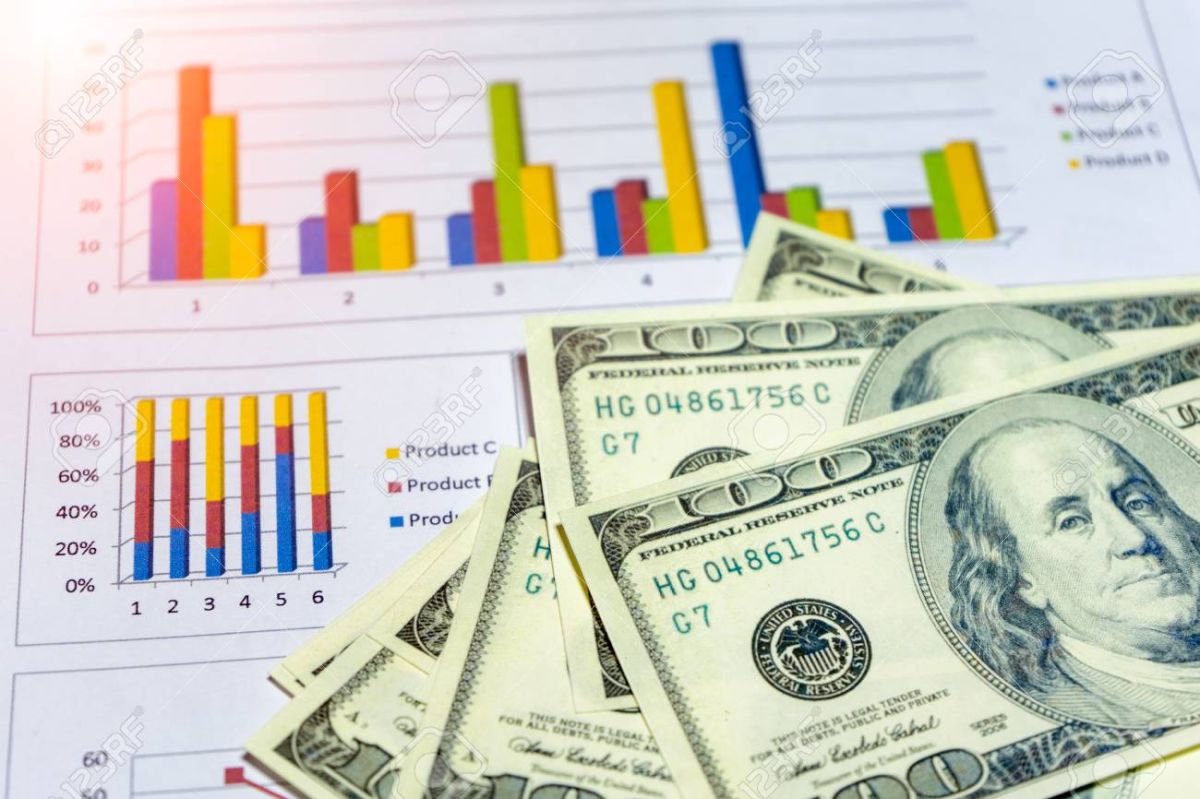It has been only three months since reports first emerged from China of an unknown virus causing unusual cases of pneumonia, and scientists and public health experts already know more about it and how it works than at the same point in earlier outbreaks. But there’s still a lot they don’t know.
As the new coronavirus continues to spread around the world, here are some of the most important questions researchers and doctors – as well as policymakers and economists – are still trying to answer:
When will the economy return to normal?
The International Monetary Fund expects the pandemic will cause a global recession in 2020 that could be worse than the one triggered by the 2008 financial crisis. The depth of a recession, how long it will last and the nature of the recovery are a matter of debate. Economists say it will largely depend on how long the lockdowns last – around a quarter of all humanity is currently in lockdown – and how far government support goes in helping individuals, businesses and markets survive the crisis.
Are the trillions of dollars in emergency spending helping?
Central bank measures have sought to keep financial markets functioning, including areas that keep the real economy humming, such as the markets where companies go to raise short term cash to pay staff and where cities go to raise money for roads and schools. Steps taken by governments, such as the $2 trillion U.S. stimulus package, are expected to further help the economy by putting cash in the hands of individuals and providing additional funding to small businesses and companies. Such measures still need to work through the system, however, and it remains unclear whether they will be enough.
Is it a good time to invest?
Some investors and bank strategists are starting to look at whether people should buy back into the world’s stock markets, which have plunged some 25% from their highs in February. U.S. hedge fund manager Bill Ackman said this week he had turned increasingly positive on stocks and credit and was “redeploying our capital in companies we love at bargain prices that are built to withstand this crisis.” But with all the uncertainties, many more analysts and investors remain shy about calling the bottom of the market.




